No one talks much. The nurse checks your name twice. You sign forms you barely read. Everything moves slowly, then suddenly it doesn’t. A monitor beeps behind you. Your body feels small. You’ve skipped breakfast. They told you to. You sit still. Then they call your name.
A thin needle, a thick silence
They explain what will happen. But you’re thinking of other things. Like your kids. Or a movie you once watched. Maybe a hospital scene. You nod while they speak. Something about the iliac crest. That’s your hip bone. You lie down. They mark the spot.
The skin is numbed, but not the thoughts
They inject something. Lidocaine maybe. It burns a little. Not sharp. Just odd. Cold, then warm. Then nothing. You’re told to stay still. You say okay. You’re wondering if it will hurt. They say “you’ll feel pressure.” They always say that. No one ever explains pressure.
A deep pull that isn’t just physical
The needle enters. Slowly. Not like a shot. More like someone insisting. A digging feeling. You clench your jaw. They say you’re doing great. You don’t believe them. There’s a suction sound. The core is drawn. It takes a second. But it’s the longest one.
You feel it in your teeth and somewhere deeper
It’s hard to describe. It’s not pain like a cut. It’s not a cramp either. It’s something else. Primal. As if your bones have nerves. They say it’s done. They hold gauze. You don’t move. Not because you can’t. You just don’t want to.
The sample goes in a tube you try not to look at
You’re handed instructions. Don’t bathe today. Don’t lift heavy things. It’s written in bold. You nod again. There’s a bruise forming. You feel it already. The nurse checks your name again. You leave slowly. Your legs feel strange. Like they remember what happened.
You think about the reasons, but not too much
Why they needed it. Leukemia? Anemia? Something less clear? You wait again. This time for results. You imagine slides, microscopes, doctors frowning. The word “malignancy” crosses your mind. Then you push it away. You watch TV that night but can’t remember what.
The discomfort lingers in places that don’t bruise
You check the spot later. Still sore. You tap it gently. It answers back. Not loud. But present. Like a whisper under your skin. You can’t explain it to others. So you don’t. You just say, “It wasn’t too bad.” That’s the safe version.
They said it helps more than just one person
Bone marrow tells stories. About your blood. Your future. What’s broken and what’s healing. Doctors read those stories. Page by page. Sometimes the words are clear. Sometimes smudged. But always important. Even when you don’t get the full plot.
It’s not about being brave, it’s about being there
You didn’t volunteer for this. But you didn’t refuse either. You showed up. That counts. You went in not knowing. You came out not knowing. But something shifted. Even if just a little. And that, too, is part of healing.
The results might explain fatigue that never leaves
You’ve been tired. Not normal tired. The kind that sits in your bones. Now you wait. Maybe this explains it. Or maybe it adds new questions. You’re not sure which is worse. But you’re used to waiting now. It’s part of the rhythm.
Sometimes the marrow speaks of shadows
They don’t say cancer right away. They say “abnormal cells.” “We need to look further.” You know what they mean. But you don’t say it. Neither do they. The silence says it loud enough. You nod again. That wordless agreement people make with bad news.
The follow-up feels like a continuation, not closure
Another appointment. Another hallway. The same smell. You think about leaving. But you don’t. You’re asked the same questions. You give the same answers. Your file is thicker now. You wonder if that means something. They say it doesn’t. You don’t believe them.
The hip bone remembers, even when you try not to
It’s been days. Maybe weeks. But it still aches sometimes. Especially at night. When you roll over. Or when the room is quiet. That spot hums. Not loudly. But insistently. Like a song stuck in your head. You wish it didn’t.
Someone else you know might need one too
You hear a friend is going through something. You don’t ask what. But you know. You mention your biopsy. They go quiet. Then they ask questions. You try to answer. You realize you don’t know much. But your voice steadies when you say “you’ll be okay.”
It’s just a procedure until it’s your body
On paper, it sounds simple. In real life, it isn’t. It’s intimate. Invasive. Personal. It stays with you. Not just in pain. But in memory. Like a line drawn in chalk. Still visible, even when smudged. You think about it more than you admit.
They take a core of bone, but you feel less hollow
It’s strange. Something’s taken from you. But you feel more complete. Like knowing matters. Like answers matter. Even if they’re hard. You feel less alone. Not because someone is with you. But because someone finally looked. Deep enough to see.
The body hides things only marrow can reveal
Blood tests missed it. Scans missed it. But marrow didn’t. It told the truth. Quietly. Precisely. It was there all along. Inside you. Waiting to be read. Waiting for someone to listen. You’re not angry. You’re just tired of secrets.
A quiet courage, often unnoticed
You don’t tell many people. There’s no bandage to show. No cast. Just a scar. Small. Faint. But real. You touch it sometimes. Not to check. Just to remember. That you did something hard. And you’re still here.
Every time you sit down, you feel the weight of it
Chairs remind you. Hard ones, especially. You shift your weight. You grimace. You remember. Your body tells you it happened. Even when your mind forgets. Or tries to. But some memories settle deep. Like marrow. Like truth.
You don’t need to explain the experience
People ask if it hurt. You say, “a little.” They nod. That’s enough. They don’t really want details. You don’t really want to give them. Some things don’t translate. You keep it for yourself. Tucked between ribs and routine.
Not everyone understands why it’s done
They think it’s for cancer only. But it’s not. It’s more than that. Marrow shows infections. Deficiencies. Autoimmune clues. It maps your blood’s past. And its future. Doctors read it like history. Or prophecy. You just live it.
The hospital smell stays with you longer than expected
You smell alcohol wipes later. It brings it back. The room. The gown. The voice. Your stomach turns. You close your eyes. Then breathe through it. It passes. But not fully. Triggers are like echoes. Faint but repeating.
You read your own report and understand only pieces
Words jump out. Blast cells. Hypocellular. Fibrosis. You Google too much. Then stop. Then start again. You highlight things. But you’re not sure why. You fold the report. Then unfold it. It’s both a map and a maze.
A needle that changes things more than you expect
You didn’t think much of it at first. A test. That’s all. But now? You can’t ignore it. Not the questions. Not the answers. Not the way you flinch when someone touches your hip. The body keeps score. The mind rewrites it.
You meet someone else who had one
You notice how they sit. Carefully. You recognize the limp. You nod. They nod back. You don’t speak of it. You don’t need to. There’s something shared. Like a club. Without a name. Or a welcome packet.
Not every result gives closure
Some are inconclusive. “Borderline.” “Needs follow-up.” You want a clean answer. But medicine rarely offers that. You’re left with maybes. And wait-and-sees. And what-ifs. You learn to live with uncertainty. Like background noise.
The next time, you know what to expect, but not how it will feel
They schedule a second one. Different side this time. You nod. Again. You pretend it’s routine. It’s not. You count ceiling tiles. You grip the edge. You breathe shallow. You try not to remember the first time.
You tell yourself this is the last one
Maybe it is. Maybe not. You lose track. The biopsies blur together. Each one takes a piece. You wonder if your bones are tired too. You wonder if they miss the parts taken. You never ask. They never say.
